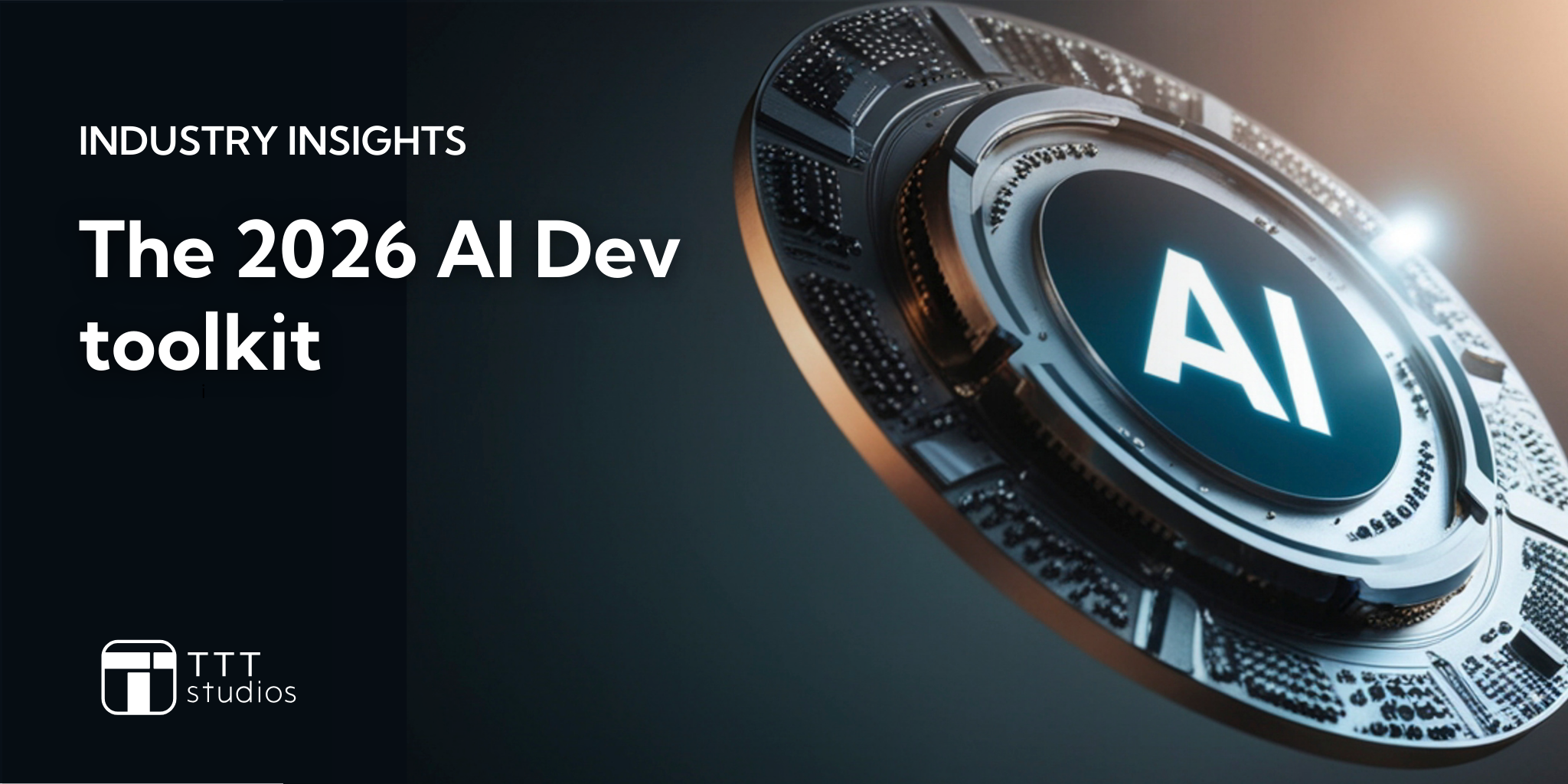Continuing with our Greenhouse Project initiative—where the team collaborates to nurture, explore, and test ideas—I’d like to share our newest digital solution catered to the healthcare sector, specifically, an AR empathy training system for dementia caregivers.
Why empathy is important in healthcare
Empathy is a key component of delivering high-quality dementia care because only individuals living with dementia truly understand their day-to-day challenges, which often are difficult to communicate. This Greenhouse Project aims to unpack the potential immersive tech has in helping caregivers better understand visual impairments associated with posterior cortical atrophy (PCA) dementia.
During a series of workshops, we found that people living with dementia often felt frustrated with their caregivers because they believed they were easily exasperated and didn’t understand what people living with dementia were going through. This can translate to the feeling that healthcare is not up to standard. These sorts of emotions can also escalate to verbal and physical aggression. In the following sections, we will share more insights from these sessions.
Benefits of AR/VR capabilities in healthcare solutions
As digital capabilities grow, we continue to see its impact and influence on varying industries, especially healthcare. Digital healthcare technology has improved equity, accessibility, efficiency, and effectiveness. A prime example is a recent story about two doctors able to iterate the separation of con-jointed twins in real-time from different locations using VR before the surgery.
Training with immersive technology like AR/VR allows safe practices with realistic simulations before using them in high-risk environments. Our goal was to leverage AR/VR capabilities to improve the quality of life for people living with PCA dementia.

Our Process
Discovery + Define
Consider the efforts to research diseases, disorders, and general illnesses to find a solution. Well, the same level of research is expected when developing healthcare technology designed to support healthcare organizations. When creating any digital solution, we highly encourage a Discovery phase to uncover unknowns, learn about the problem space and understand the people affected by the problem.
Discovery: Asking the right questions
As we always do here at TTT Studios, our project process begins with the Discovery phase. Concerning this Greenhouse Project, we focused on identifying and understanding the right problems to solve. For this, we interviewed one of our stakeholders who provided primary care for their family member living with PCA dementia at home. We learned about their frustrations as they lack the medical training licensed care aides do. It can be especially difficult for them to empathize with their afflicted family members, who perceive the world differently. We also learned about our stakeholder’s experience since the illness was first discovered, to the moment they had to send their family member to a care home because the disease had progressed to a point where they could no longer provide safe, around-the-clock in-home care to their family member.
We then looked at the other side of the story. We interviewed professional caregivers working at a memory care facility. We wanted to understand their day-to-day, how to balance efficiency and empathy, and the pain points they have when caring for someone unaware of their context most of the time.

After further research on the problem space, the team synthesized the data and identified several themes. With our stakeholders, we prioritized problems to work on based on the value and impact we could bring to our users. We decided to focus on the issue that PCA dementia is an invisible disability, and it's difficult for caregivers to empathize with people living with this condition.
Keeping the above problem statement in mind, the team brainstormed and put forward a few high-level solution ideas.

Define: Solving the problem right
In the Define phase, we explored concepts that can support the goal of building empathy for people living with PCA dementia using AR/VR immersive power. We had regular check-ins with our stakeholders and the Engineering team and iterated the concepts each feedback cycle. As a team, we decided on an AR solution that simulates the visual impairments associated with PCA (difficulty recognizing faces, reading problems, distorted depth perception, etc.) for caregivers. The app is called DementiEye—to let caregivers see what someone living with PCA dementia sees—to create empathy and better understanding so they can re-evaluate their approach and deliver a more compassionate healthcare experience.
When creating the interface, we needed to keep in mind that we were designing for an AR experience. We needed to consider how our users interact with virtual objects projected on the real world, spatial environment, and safety. We chose HoloLens 2 as the training device, which meant we needed to ensure we were designing within the device constraints, such as field of view and capabilities, such as hand tracking. We took advantage of the MRTK Figma toolkit by Microsoft to build the layouts and storyboards for rapid reviews. We worked closely with our Engineering team to communicate our design intention and hand off the specs seamlessly to the next phase of our process: Develop.
Creating innovative and impactful technology
1 in 5 Canadians have experience caring for someone living with dementia, and I believe the AR empathy training app can create a positive social impact. Simulating the visual impairments from PCA puts caregivers in the shoes of someone living with dementia, and it would go a long way toward understanding the people they’re taking care of. A compassionate health care approach retains dignity for people living with dementia, and thus it improves their quality of life.
Our Greenhouse initiative allows our team to explore new ideas and work with innovative technologies. We hope that with the development of these projects, we can influence further research into mixed reality technologies to develop immersive digital experiences that people would benefit from.
About TTT Studios
TTT is an award-winning Digital Innovation Studio focused on creating digital solutions for more than 200 clients worldwide. Working with industry leaders and disruptors, we solve our client’s most complex problems, shaping their businesses through technology.













